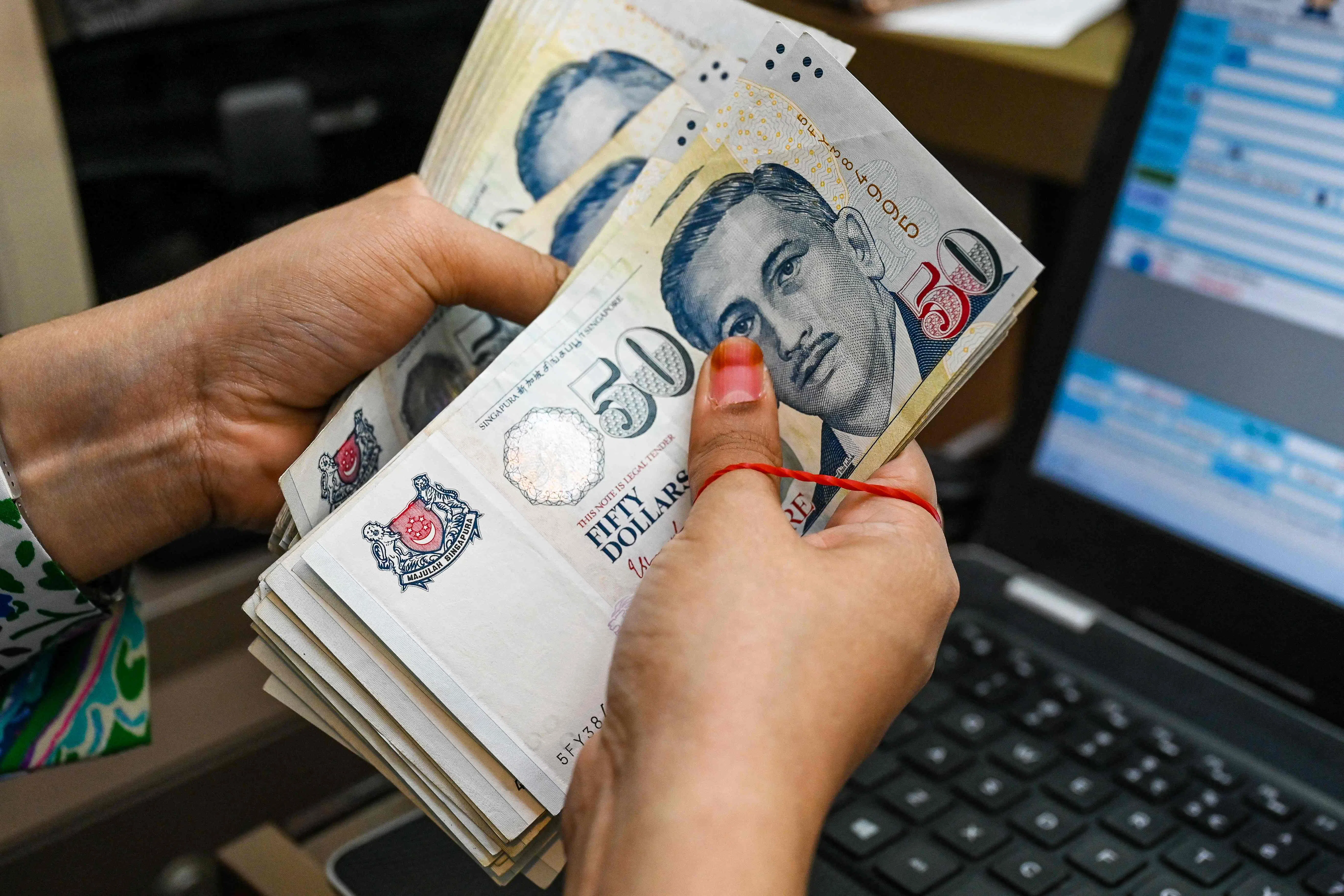WHEN Lawrence Wong succeeds Lee Hsien Loong as Singapore’s new prime minister next month, he will inherit not only a healthy economy but also robust local assets from a rallying currency to outperforming bonds and stocks.
Since Lee entered office in 2004, the Singapore dollar has risen about 40 per cent against the currencies of the city-state’s major trading partners, more than twice the gain for the US dollar in the same context, Bloomberg-compiled data show. Total returns on Singapore government bonds have outpaced their global peers by around 16 percentage points in the same period.
Underpinning the popularity of Singapore’s currency and sovereign debt is an economy that has more than doubled in size to S$532.3 billion under Lee’s 20-year stewardship that will end on May 15, with total assets under management climbing more-than-eight-fold to S$4.9 trillion. Lee has also turned the small island into one of the world’s preeminent financial hubs and an attractive destination for global talent.
The city-state’s stock market is also a big beneficiary of a strong local currency. Based on US dollar terms, the Straits Times Index has outperformed the MSCI Asean Index, a gauge of Singapore’s South-east Asian neighbours, by nearly 32 percentage points since Lee took office.
That said, more than half of the locally listed companies are trading below their book value, according to Bloomberg-compiled data, a reflection of the lack of high-growth firms in a small, mature economy.
“There is scope for Wong to take steps to support local equities,” said Nirgunan Tiruchelvam, head of consumer and Internet at Aletheia Capital. “It is possible that the nation’s sovereign wealth funds can invest more money into local markets. He may also look at increasing incentives for listing companies in Singapore market.” BLOOMBERG
A NEWSLETTER FOR YOU
Asean Business
Business insights centering on South-east Asia’s fast-growing economies.







